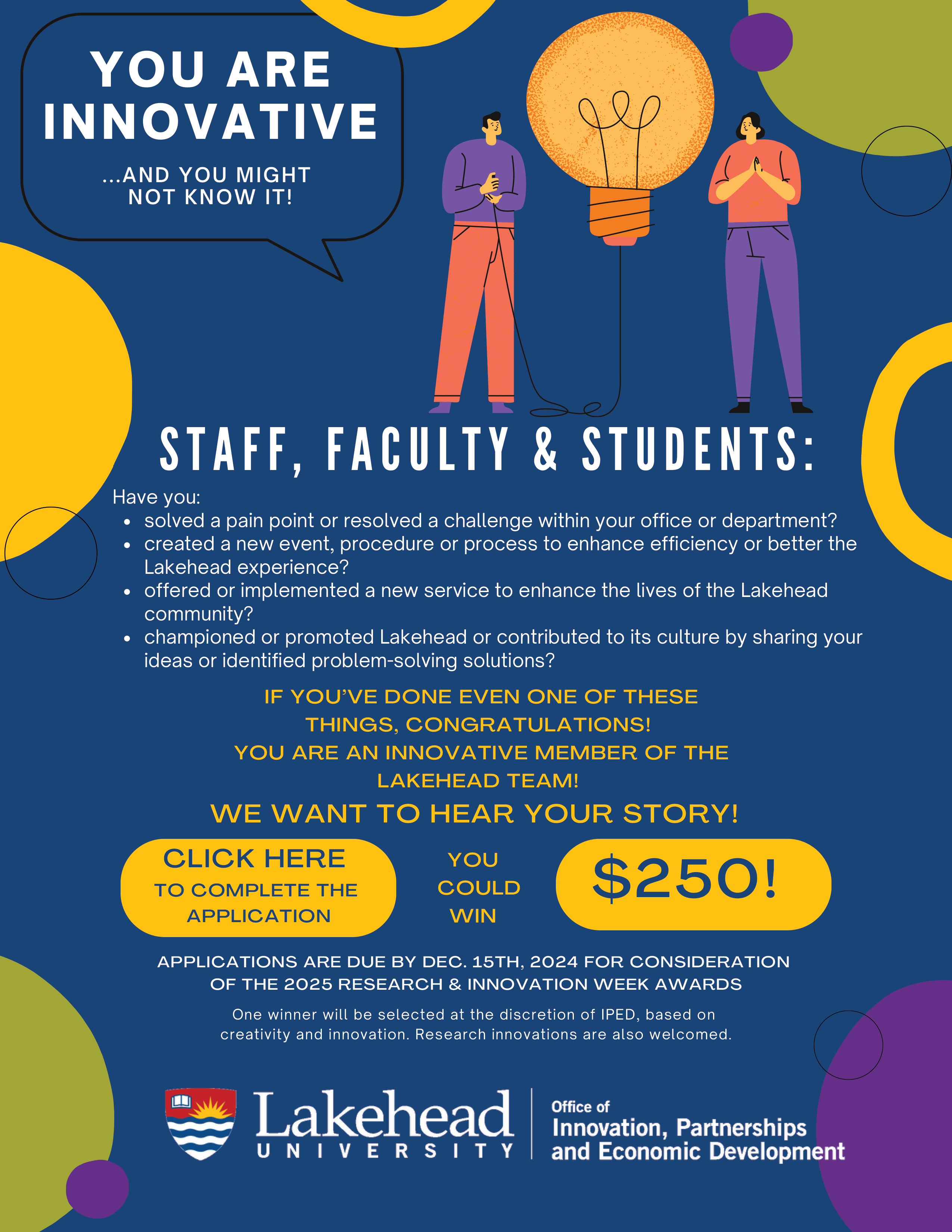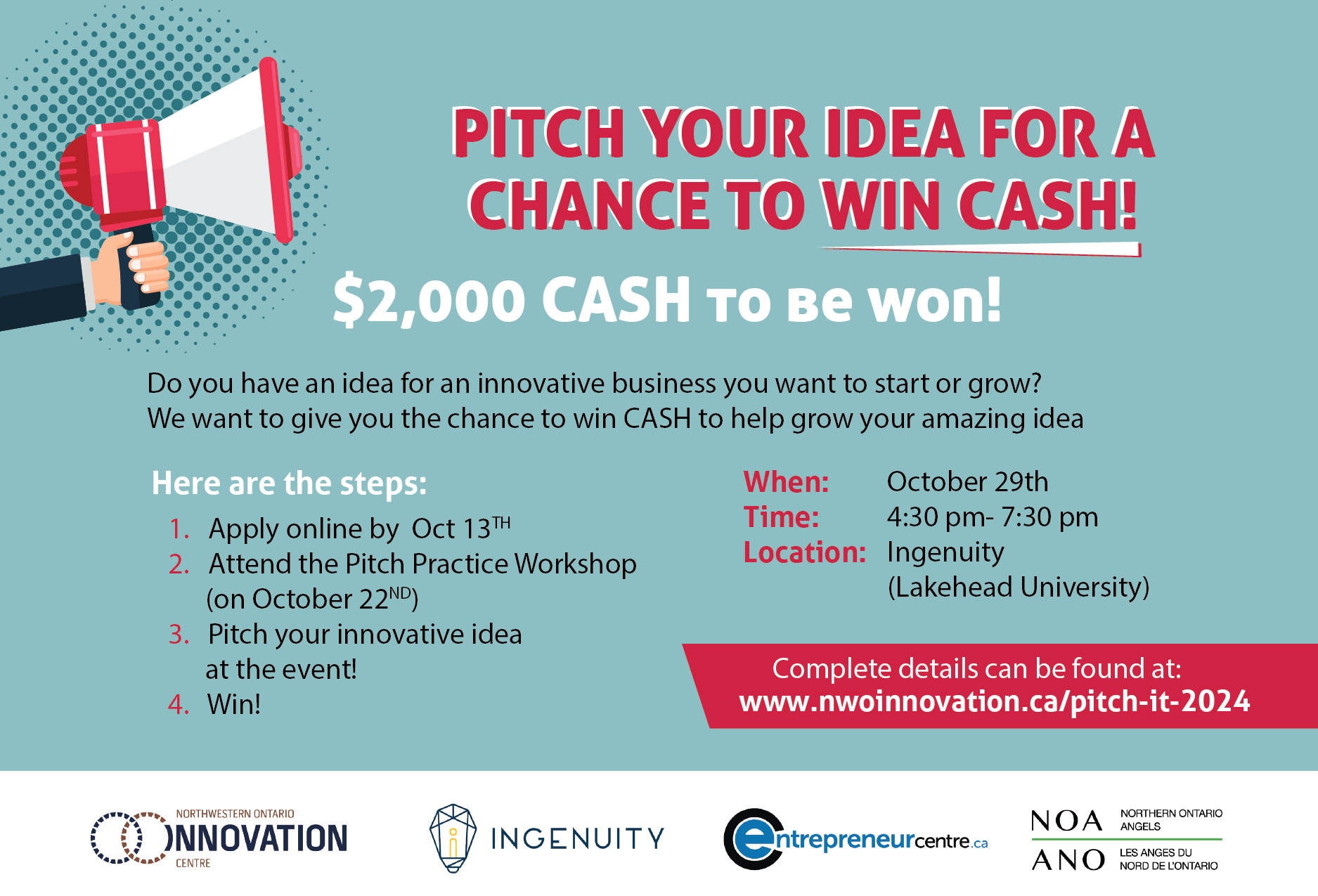Dr. Charles Levkoe Partners with Communities to Find Lasting Solutions
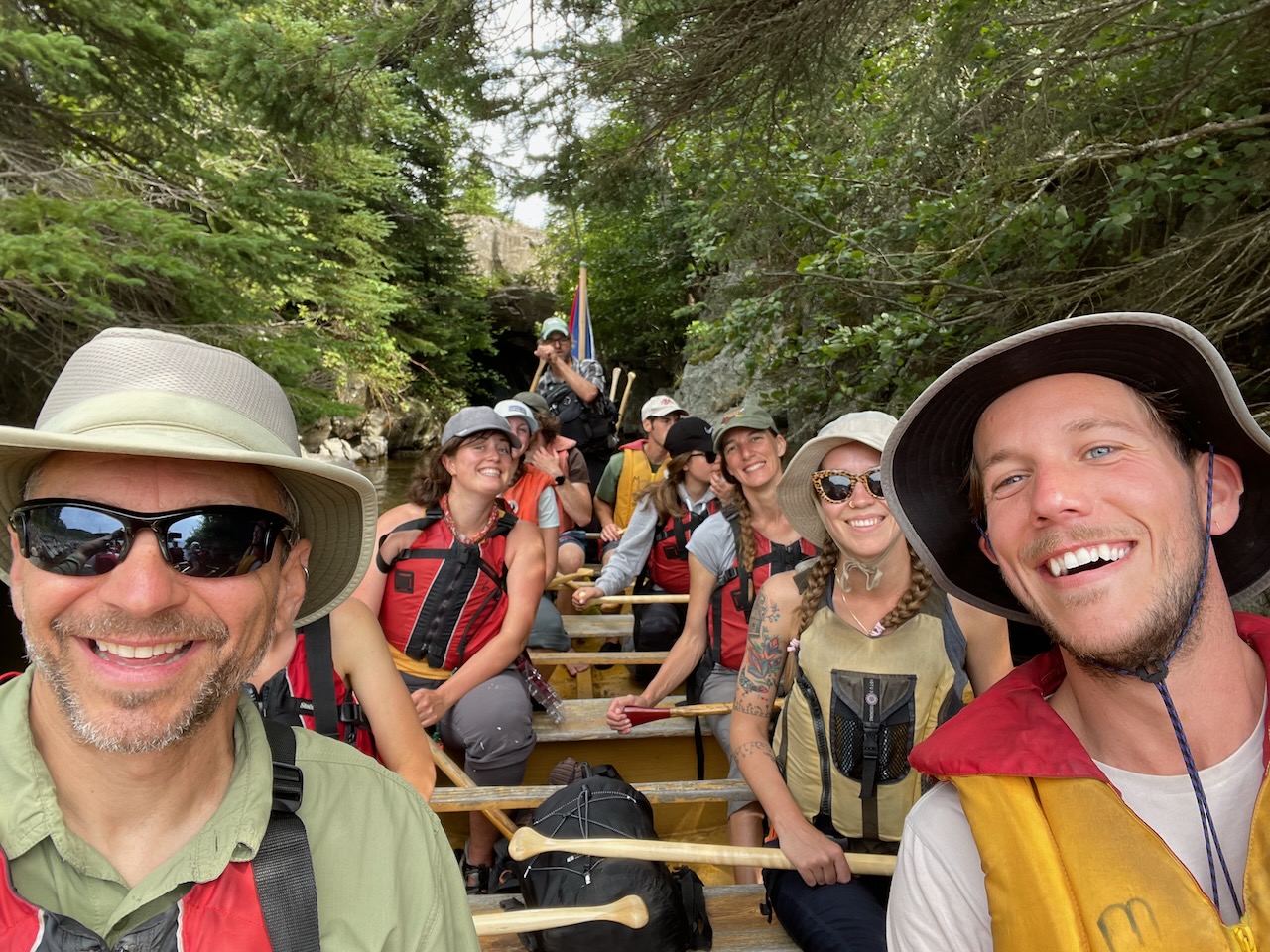
Before earning his PhD, Dr. Levkoe worked with a collective farm in Nova Scotia and as an urban agriculture coordinator with The Stop Community Food Centre in Toronto. “My work made me realize the extent of the problems that need to be unravelled.” Above, Dr. Levkoe takes participants in the Lake Superior Living Labs Climate Action Field School on a voyageur canoe trip.
“When we talk about food insecurity, we have to ask ourselves why we live in a society where some people have so much and some people have so little,” Dr. Charles Levkoe says.
Dr. Levkoe is a Canada Research Chair in Equitable and Sustainable Food Systems, a Lakehead health sciences professor, and a scholar-activist engaged in community research to build stronger local, national, and global food systems.
“When children and adults don’t know where their next meal is coming from, or don’t have access to healthy food, that’s a poverty problem,” Dr. Levkoe says. “We have enough food to feed the world twice over so the issue isn’t a lack of food, it’s whether you can afford food.”
As a Canada Research Chair, he’s interested in how our food systems are connected to issues of social justice, ecological regeneration, regional economies, and active democratic engagement.
“You can’t have a sustainable food system if you don’t have any of these things,” Dr. Levkoe says. “Today, there are a few elite corporations and governments that make a lot of money because food is extremely commodified. Our food supply is dependent upon industrial farming operations and grocery conglomerates.”
This has resulted in a strong connection between health and wealth.
“Who’s on the frontlines?” Dr. Levkoe says. “During the pandemic, grocery workers were considered essential service providers, but they were often paid low wages—and most of Canada’s food is grown by migrant farm workers from Jamaica and Central America working in precarious conditions.”
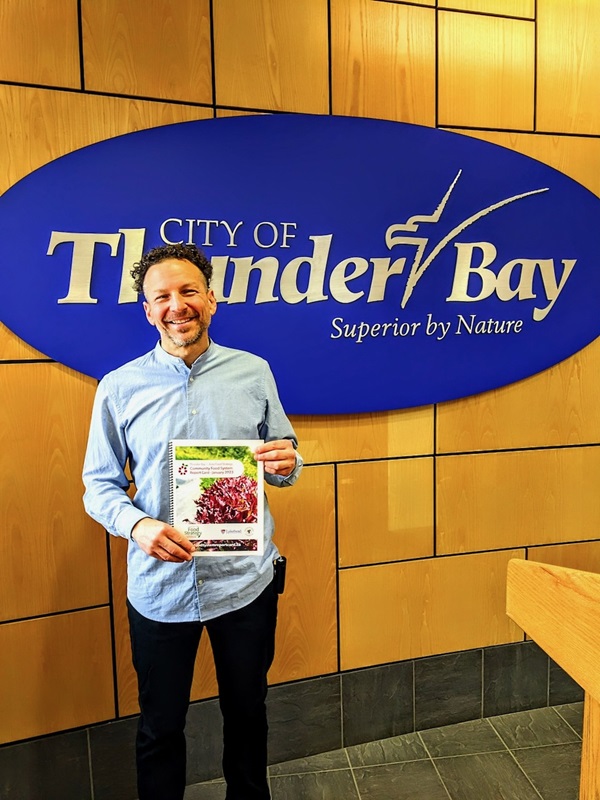
“My research is driven by the needs of our community partners,” says Dr. Levkoe, who was inducted as a Member of the College of New Scholars, Artists and Scientists of the Royal Society of Canada in 2022. He’s also proud to be the chair of the Thunder Bay + Area Food Strategy, an organization that brings food system stakeholders to the table to build healthier and more sustainable food systems across the region.
Dr. Levkoe’s commitment to fostering healthy and resilient food systems connects his work to the 17 Sustainable Development Goals (SDGs) developed by the United Nations to end poverty, improve human lives, and protect the planet by 2030—and one of the researchers who have made Lakehead a frontrunner in tackling the world’s most urgent challenges.
“I look at how the parts of the different food systems fit together to either enable people to eat or not eat. Just donating to a food bank or buying organic food alone is not enough to create a sustainable food system. We need solutions that will change structures. We need to think more broadly in terms of food distribution, consumption, and waste reduction.”
Dr. Levkoe’s Sustainable Food Systems Lab is one of the spaces where this is happening. Students, faculty, community members, and community partners—ranging from non-profit organizations and First Nations to the Thunder Bay District Health Unit—meet to help create healthy, just, and sustainable food systems for all.
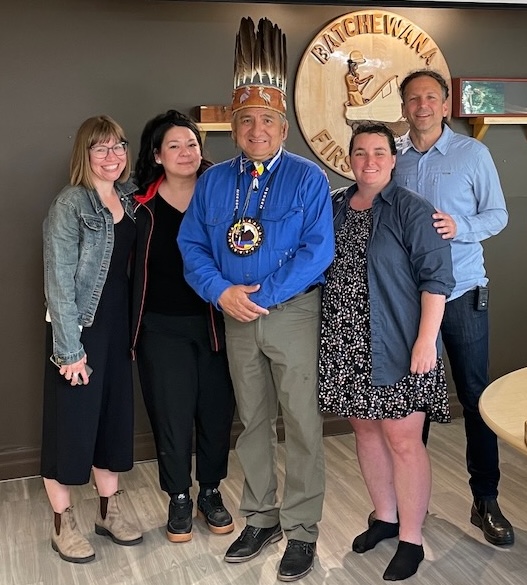
Dr. Levkoe (far right) and his colleagues share a moment with Chief Dean Sayers (centre), who is featured in the film documentary Lake Superior Our Helper: Stories from Batchewanaung First Nation. Currently, the Lab is overseeing 17 projects.
Lab members, for instance, recently interviewed fishers and farmers across the country as part of a project advocating for a guaranteed basic income for every Canadian. Achieving a guaranteed basic income, however, is just a starting point. “To understand the multifaceted nature of the food-sustainability crisis, you only have to look at Northwestern Ontario where many Indigenous communities can’t safely harvest or eat fish because mining and pulp and paper companies pump toxic effluents into their lakes and rivers.”
“Solutions require patience, cooperation, and long-term planning that involves those who will be affected,” he says. Despite the difficulties, Dr. Levkoe is undeterred. “I love collaborating with people, and I want to see a world where every community has access to what they need and control over the systems that produce it.”
Lakehead University is ranked in the top 10 per cent globally for universities making an impact through a commitment to sustainability and positive societal change, and is the top-ranked university with under 10,000 students in Canada and North America in the Times Higher Education Impact Rankings. These prestigious rankings—which assess a university’s success in delivering on the United Nations 17 Sustainable Development Goals (SDGs) to solve our planet’s most pressing social, economic, and environmental challenges—named Lakehead a world leader in SDG 1: No Poverty, SDG 6: Clean Water and Sanitation, SDG13: Climate Action, SDG 14: Life Below Water, SDG 15: Life on Land, and SDG 17: Partnerships for the Goals.
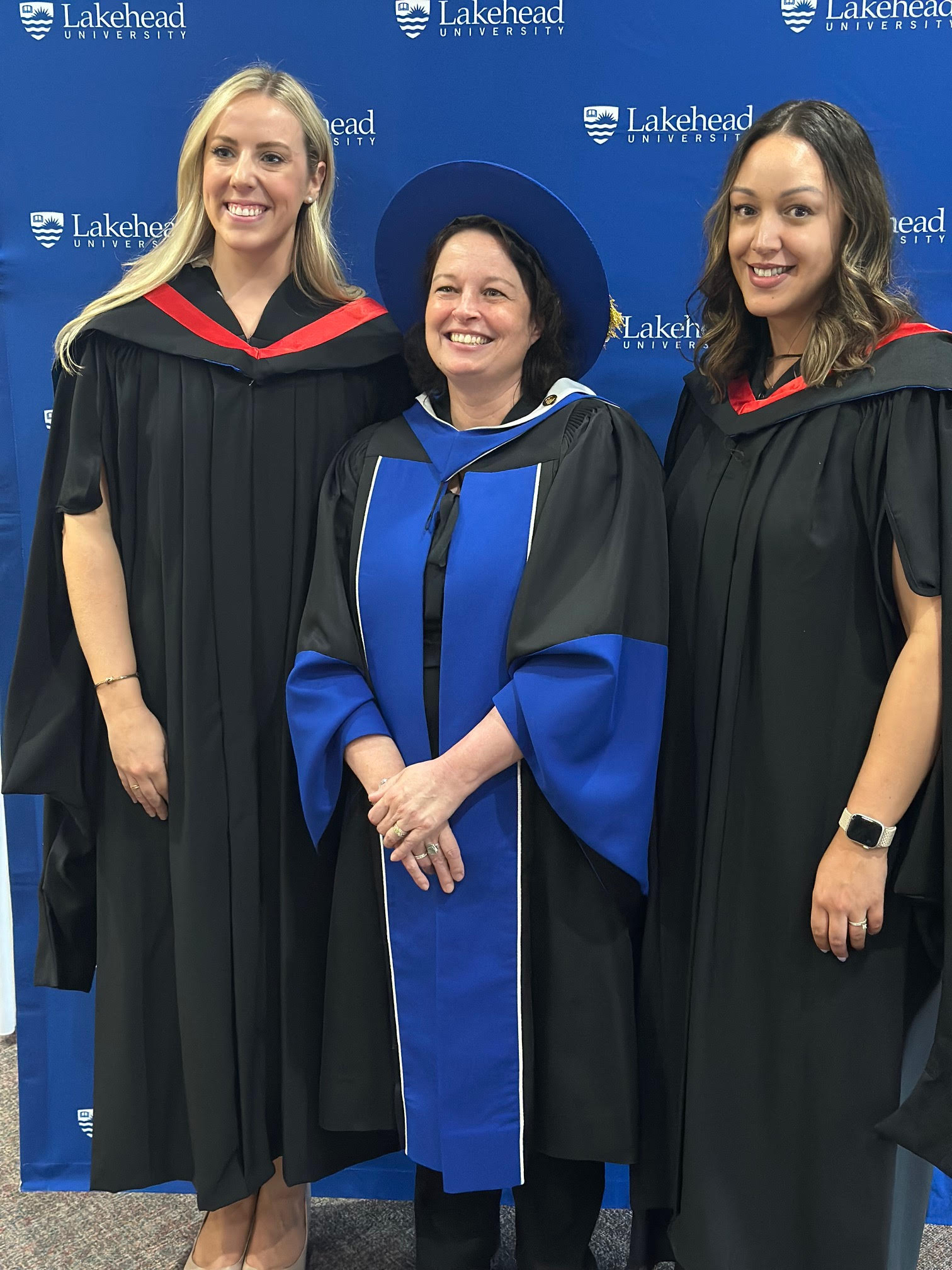





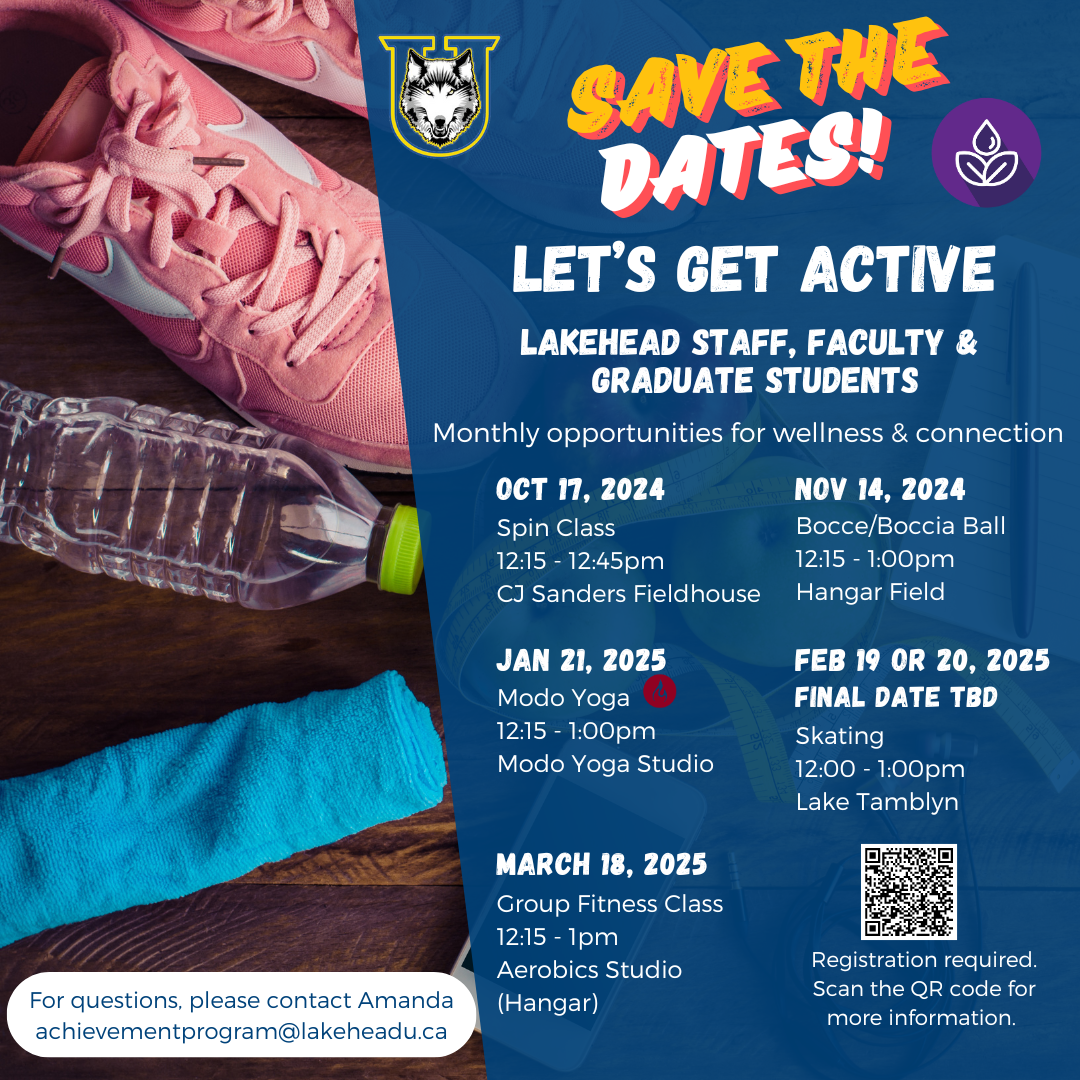
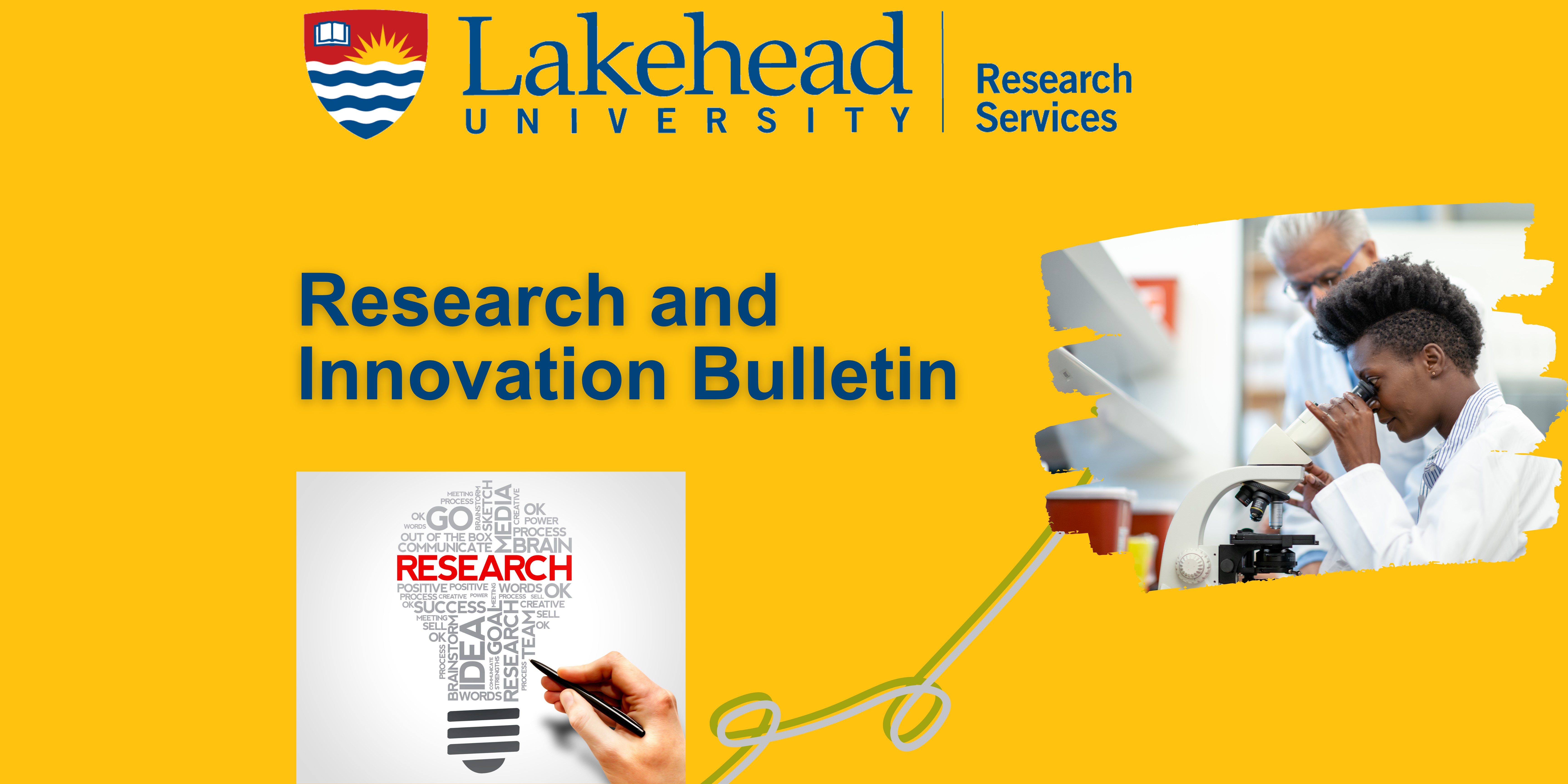
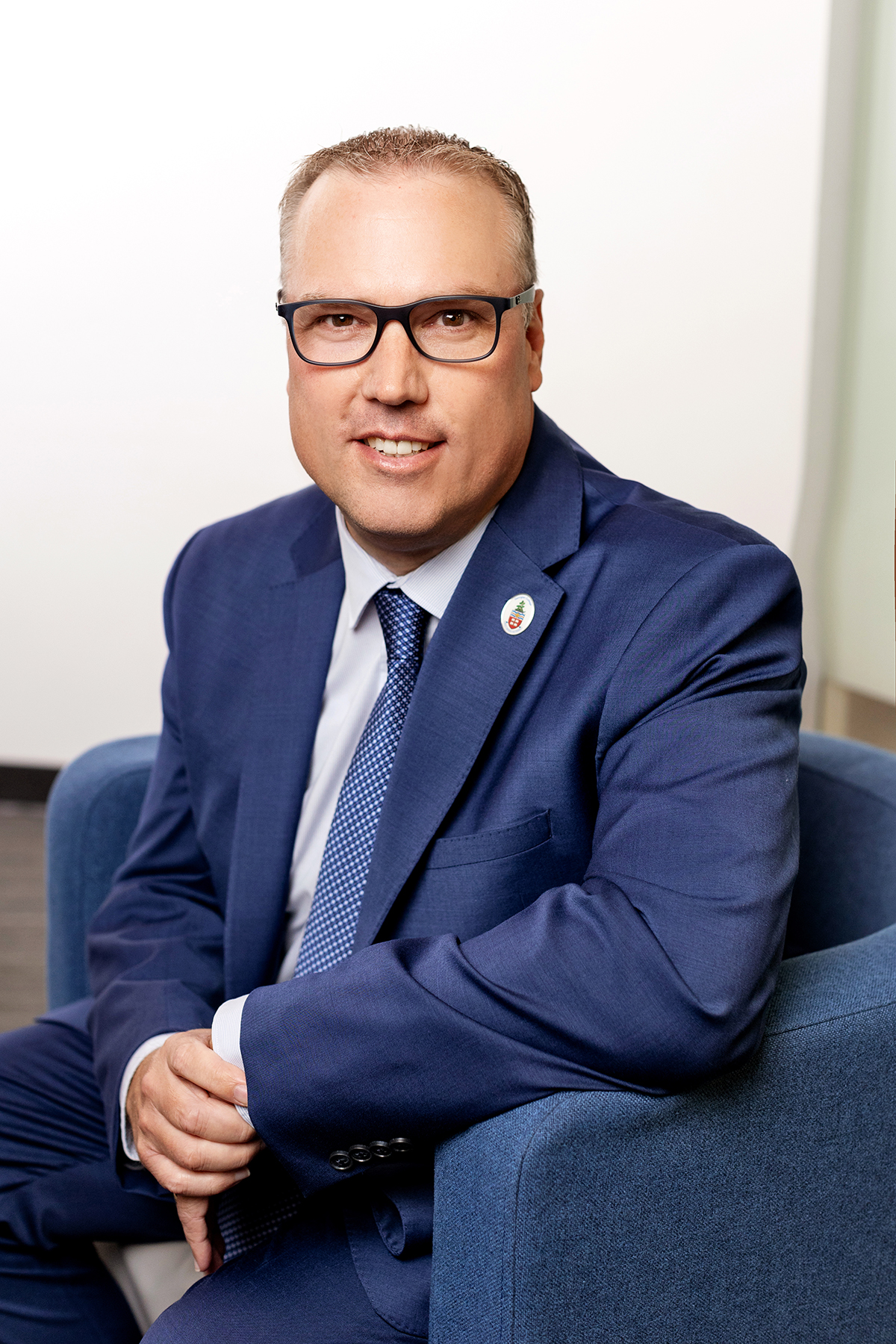 Barrie, Ont. - Georgian College and Lakehead University have announced a new focus for their collaborative partnership that will continue to expand postsecondary education opportunities for students in Central and Northern Ontario.
Barrie, Ont. - Georgian College and Lakehead University have announced a new focus for their collaborative partnership that will continue to expand postsecondary education opportunities for students in Central and Northern Ontario. 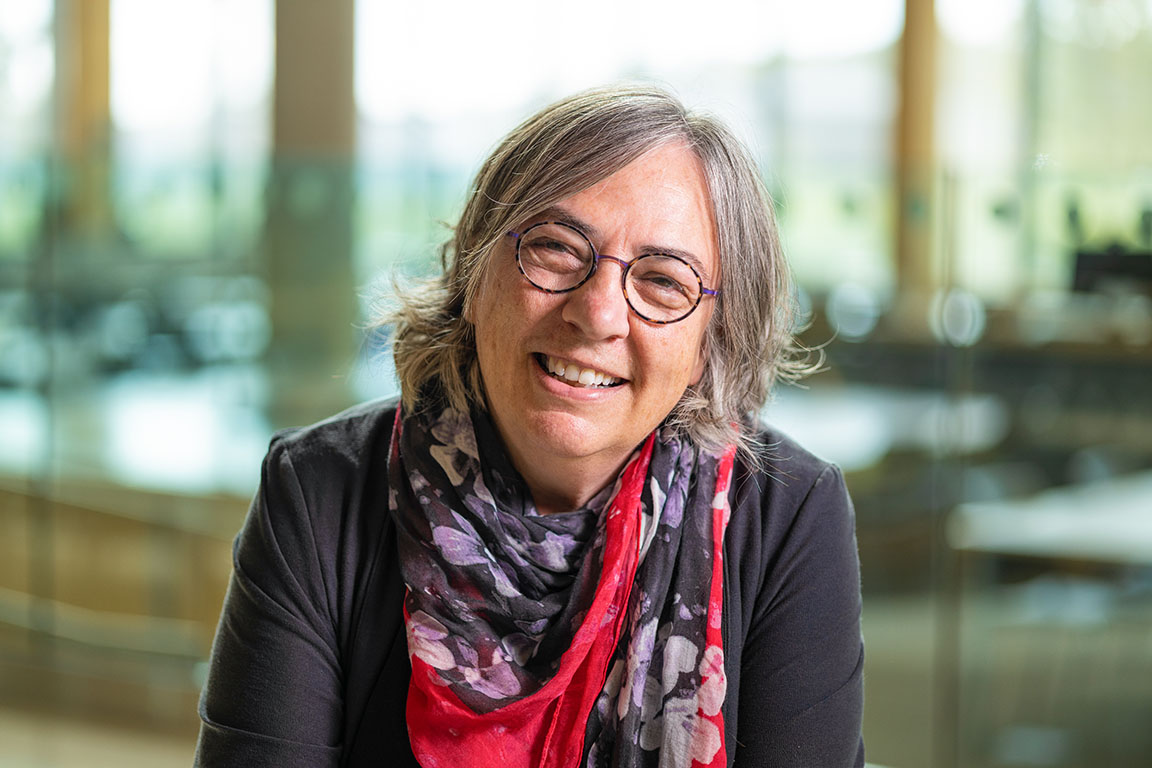 Over the next four years, the partnership will phase out the delivery of its four combined degree-diploma programs and shift its focus to adding new academic pathways that allow students to seamlessly transfer between the two institutions - ultimately providing students with more options and the added security of guaranteed admissions to meet their individual goals. The last intake of students to the combined degree-diploma programs was the fall 2024 semester.
Over the next four years, the partnership will phase out the delivery of its four combined degree-diploma programs and shift its focus to adding new academic pathways that allow students to seamlessly transfer between the two institutions - ultimately providing students with more options and the added security of guaranteed admissions to meet their individual goals. The last intake of students to the combined degree-diploma programs was the fall 2024 semester. 